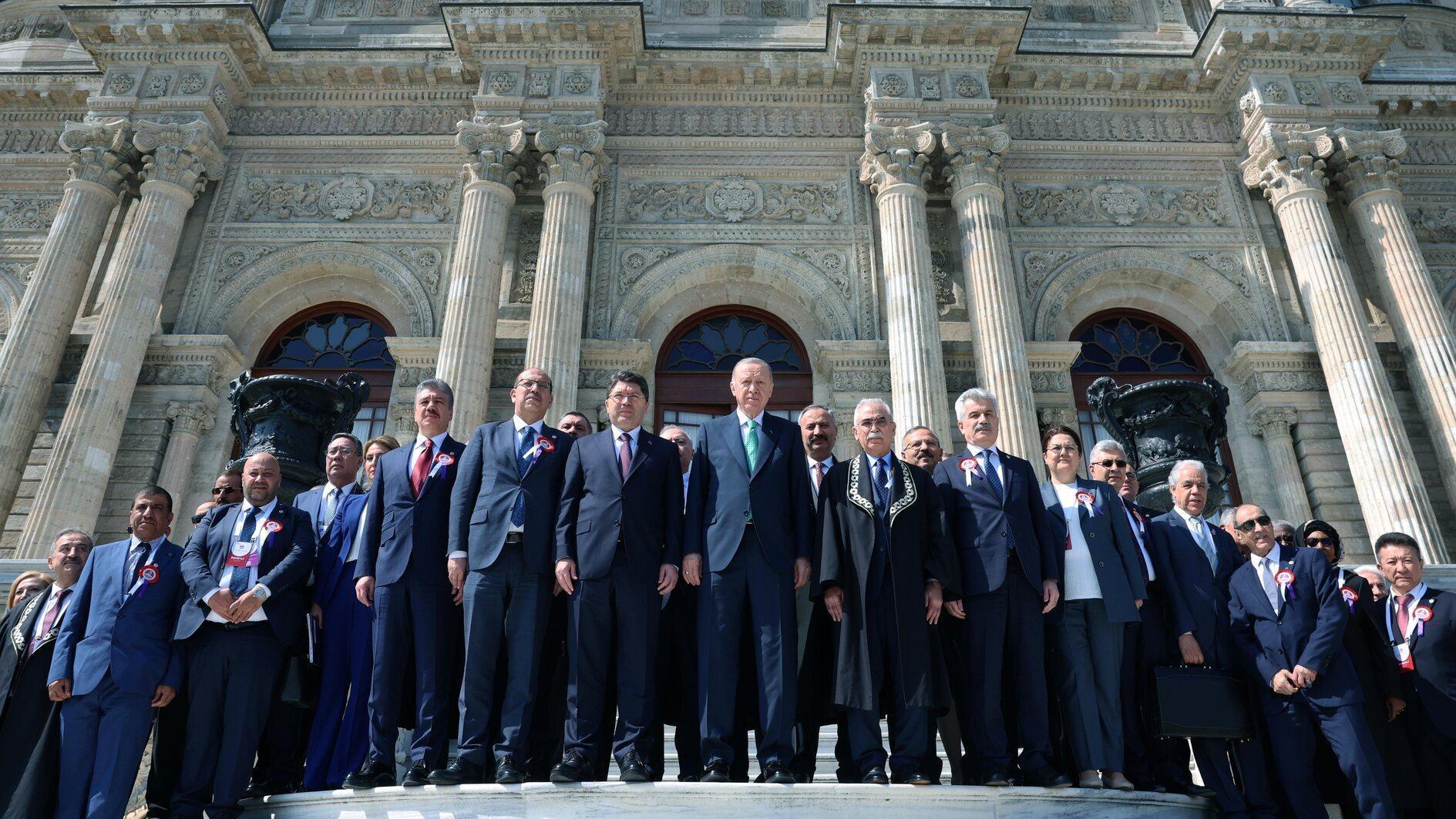Toward a less-dictating Atatürk?
One of last week’s interesting stories from Turkey was the retouching of an Atatürk statue in Batman, a predominantly Kurdish city in the southeast. The monument, which has stood right in the city center for many years, also included one of the most famous slogans of Turkey’s founder, “How happy is the one who says I am a Turk.” But in an overnight sleight of hand, the authorities replaced it with another famous quote of the same “Supreme Leader,” “Peace at home, peace in the world.”
Since Atatürk is still quite sacred and untouchable in Turkey, this little operation created a controversy. The media questioned the reasons and persons who made the decision about this change. In return, the authorities acted as if they had a hot potato in their hand. The Hürriyet Daily News reported:
“The Batman governor’s office and Batman municipality both denied responsibility for the incident. The Governor’s office asked the municipality about the incident, and the municipality in turn told the governor’s office that they did not make the change and it was the governorate’s responsibility.” (“Atatürk’s aphorism on Turkishness replaced with one promoting peace,” March 27, 2013)
I thought, however, that neither the Batman governor nor the mayor needed to be shy about this incident. Rather, they could be proud. For removing some of Atatürk’s sayings from the public square while keeping others, depending on the political aspirations and realities of our society, is exactly what Turkey needs today.
The reason is obvious: Not everything that Atatürk said or did in the 1920’s and 1930’s is helpful in building the liberal democracy we deserve to have in the 21st century. Yet he is still a very powerful symbol and respected icon in Turkish society. So, the pragmatic solution is to preserve the helpful, or at least harmless, parts of Atatürk’s legacy while abandoning the hazardous ones.
The operation on the Atatürk statue in Batman is actually a great example. The old motto, “How happy is the one who says I am a Turk,” is a troubling one, because it emphasizes the “assimilationist” nature of Turkey’s long-time official nationalism. In other words, it enforces all non-Turkish groups in Turkey, such as the Kurds, to assimilate themselves into the Turkish identity.
In fact, it is not an accident that this motto has been inscribed on thousands of official walls and even on mountain tops, in especially predominantly Kurdish cities of Turkey. But most Kurds remain unhappy to read and recite the “How happy is the one who says I am a Turk” formula, consequently resulting in Turkey’s 90-year-old “Kurdish question.”
On the other hand, the new Atatürk saying on the Batman statue, “Peace at home, peace in the world,” is a non-ideological statement and can be embraced by virtually everyone. It is also more relevant to contemporary Turkey due to the “peace process” between the state and the pro-Kurdish PKK.
It is likely that the hardcore Kemalists would find this selective approach to Atatürk outrageous, for they already keep warning against “the emptying of Atatürk’s principles.” But what they fear might be their best bet to preserve the Supreme Leaders’s prestige. The more they insist on a Lenin-like Atatürk – not just a founder, but also an ideologue – the more they will invite a potential down-with-the-statues moment. The more they opt for Atatürk as a George Washington-like figure, the more chances we will have for national reconciliation.











